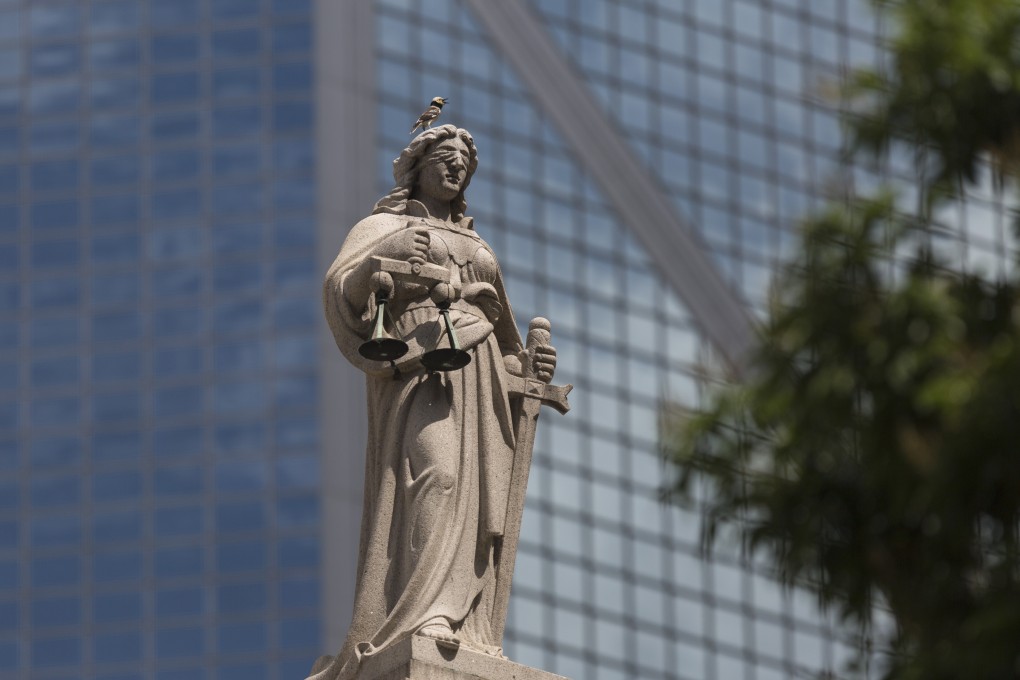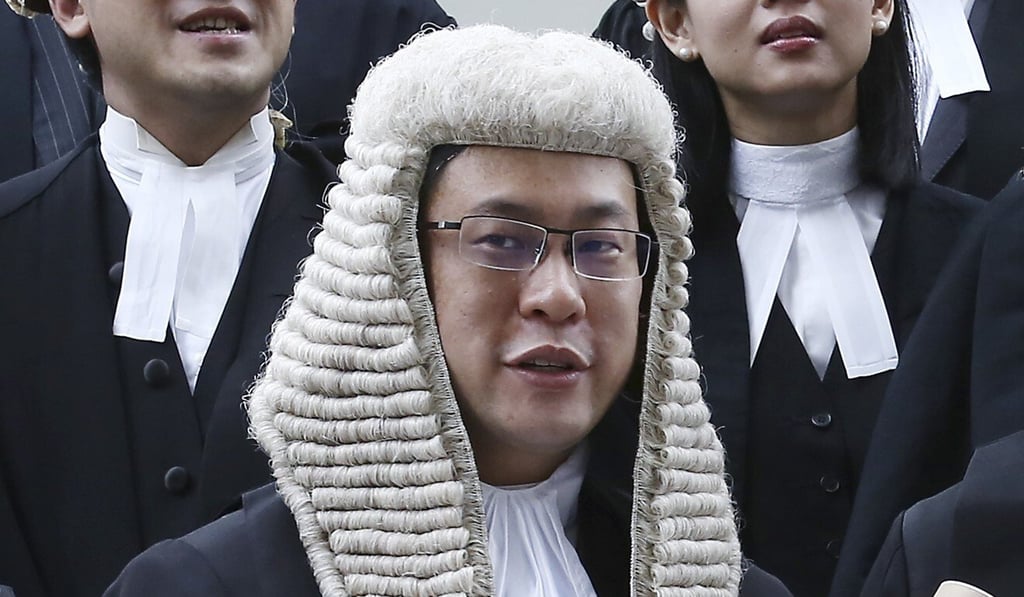‘Apolitical’ Hong Kong barristers emerge as possible candidates to run Bar Association, thaw frosty relations with Beijing
- Three low-profile senior counsel said to be in the running for top posts, a sign of change in legal body
- Barristers’ group has been attacked, left in the cold by Beijing; current chief not seeking re-election

At least three senior Hong Kong barristers regarded as low profile and uncontroversial have emerged as possible candidates to lead the Bar Association, which has incurred the wrath of Beijing for being too political.
Legal sources told the Post that senior counsel Victor Dawes, 44, a prominent commercial law specialist, was keen to run for chairman when the 1,500-member professional body holds elections in January.
Senior counsel Derek Chan Ching-lung, 42, and Jose-Antonio Maurellet, 43, are also likely “apolitical” candidates for two vice-chairman positions, several sources have said. Both have yet to decide if they will run, however, and other candidates might turn up.
There has been rising concern about the future of the legal body in recent months, after pro-Beijing quarters attacked current chairman Paul Harris.

Beijing’s liaison office in Hong Kong labelled him an “anti-China politician” earlier this year, after news emerged he was a member of Britain’s Liberal Democratic Party. He subsequently renounced his membership in the party.
But the association’s ties with Beijing soured earlier, during the term of Harris’ outspoken predecessor, Philip Dykes, whose time at the helm was marked by numerous statements, including some that disagreed with or criticised actions by the Hong Kong or central governments.